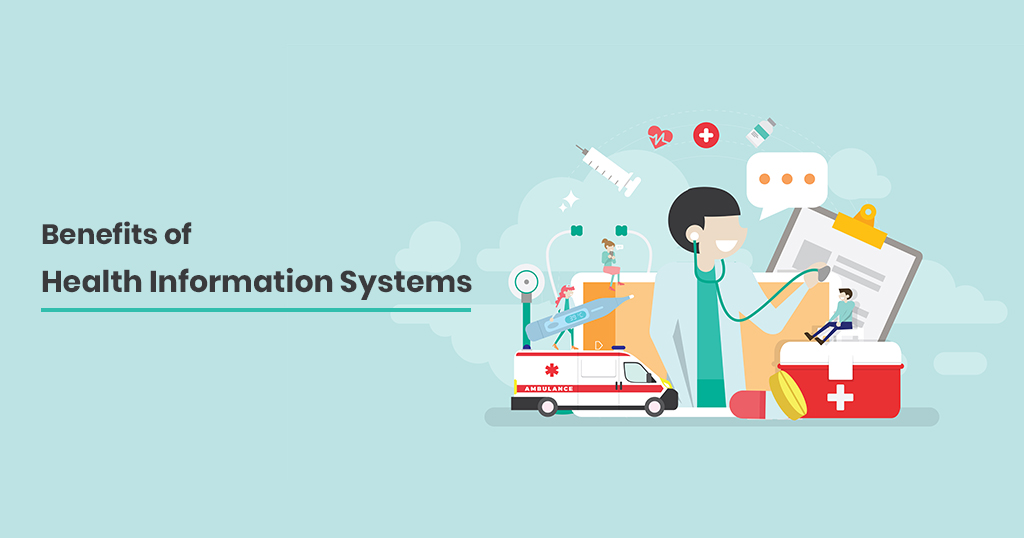
Revolutionizing Healthcare: The Power of Information Systems
In the fast-paced world of healthcare, information is paramount. Health Information Systems (HIS) have emerged as a transformative force, reshaping the way healthcare is delivered, managed, and optimized for the benefit of patients and providers alike.
1. The Foundation of Digital Health Transformation
At the core of the healthcare revolution lies Health Information Systems, representing a shift from traditional paper-based record-keeping to digital platforms. These systems integrate various components, including electronic health records, data analytics, and communication tools, laying the foundation for a more interconnected and efficient healthcare ecosystem.
2. Seamless Data Management
Health Information Systems streamline the management of vast amounts of healthcare data. From patient records to diagnostic information, these systems ensure seamless data flow across different departments within a healthcare organization. This not only enhances efficiency but also facilitates more informed decision-making by healthcare professionals.
3. Enhancing Patient-Centric Care
One of the key benefits of Health Information Systems is their ability to promote patient-centric care. By centralizing patient information, healthcare providers can gain a comprehensive view of a patient’s medical history, enabling more personalized and effective treatment plans. This approach fosters better communication and collaboration among care teams.
4. Leveraging Data Analytics for Insights
The power of data analytics within Health Information Systems cannot be overstated. These systems can analyze vast datasets to identify trends, track disease patterns, and even predict potential health issues. Such insights empower healthcare providers to proactively address public health challenges and improve overall healthcare outcomes.
5. Improving Administrative Efficiency
Beyond clinical applications, Health Information Systems play a crucial role in enhancing administrative efficiency. From appointment scheduling to billing and claims processing, these systems automate and streamline administrative tasks, reducing errors and freeing up valuable time for healthcare professionals.
6. Interconnectivity for Coordinated Care
Healthcare is a collaborative effort, and Health Information Systems facilitate enhanced coordination among various healthcare stakeholders. Whether it’s sharing information between primary care physicians and specialists or ensuring smooth transitions of care, these systems contribute to a more interconnected and coordinated healthcare delivery model.
7. Ensuring Data Security and Privacy
As the digital landscape expands, ensuring the security and privacy of health information becomes paramount. Health Information Systems are designed with robust security measures to safeguard patient data, adhering to stringent regulations and standards to protect sensitive information from unauthorized access.
8. Facilitating Remote Healthcare Delivery
Especially relevant in today’s global context, Health Information Systems have played a pivotal role in enabling remote healthcare delivery. Telemedicine, remote monitoring, and virtual consultations have become integral components of healthcare delivery, facilitated by the capabilities of these advanced information systems.
9. Adapting to Technological Advances
Health Information Systems are not static; they evolve with technological advancements. The incorporation of artificial intelligence, machine learning, and the Internet of Things (IoT) within these systems holds the promise of even greater efficiency, accuracy, and innovation in healthcare delivery.
10. Dive Deeper into Health Information Systems
For those eager to delve deeper into the transformative world of Health Information Systems, explore the capabilities, benefits, and future trends at Health Information Systems. Uncover the profound impact these systems have on healthcare delivery and how they continue to shape the future of the industry.
Embark on a journey to understand how Health Information Systems are revolutionizing healthcare, empowering providers, improving patient outcomes, and paving the way for a more connected and efficient healthcare ecosystem.


